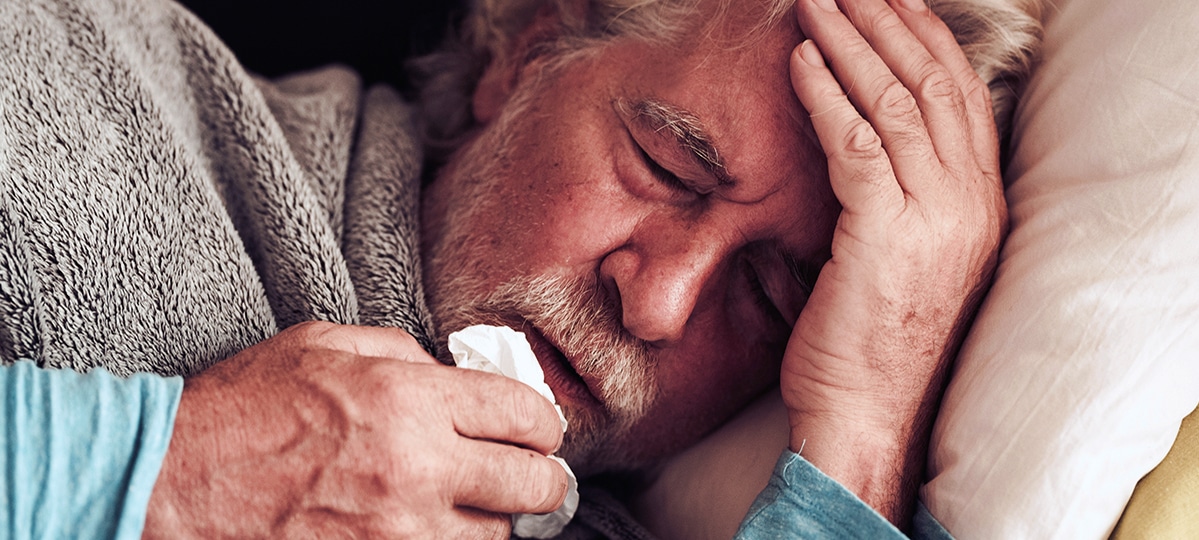Even when you get better after a heart attack the worry never truly subsides, and rightly so. The risk never goes away after your first heart attack, and you should therefore do your best to maintain a healthy lifestyle and reduce chances of having another heart attack.
Ensure you have a support system and that you have someone looking out for you at all times in case of anything. Ensure they know what to do to control the situation too.
How can you stay healthy after a heart attack?
Once you get your first heart attack, chances are high that you will have another one or will develop heart problems. There are steps you can take while recovering from a heart attack to also prevent others from occurring, a process known as “secondary prevention.”
Before that, however, ensure you understand your type of heart disease. Your doctor will advise you on this and give you steps on how best to manage it.
Here are a few steps to staying safe and healthy after a heart attack:
Look Out for the Danger Signs and Symptoms
This ensures you get medical attention early enough to prevent the situation from escalating. The most common signs of heart attack are: chest pain (angina); shortness of breath; tightness or pressure in your arms, neck, jaw, or stomach; pale, sweaty skin; fast or irregular heartbeat; nausea and/or vomiting; sudden fatigue; dizziness, weakness or fainting and swelling or pain in your legs. These symptoms can occur while you are active or at rest.
Maintain Control of Your Blood Pressure
When you have high blood pressure, you exert stress on your heart and blood vessels. There are several non-medicinal ways to manage this, including regular exercise; losing weight if you are overweight, and maintaining a diet low in salt. Your doctor may also prescribe medicines to help control your blood pressure which should be taken carefully. Ensure you regularly check your blood pressure too.
Maintain a Heart-Healthy Diet
The good and bad cholesterol mentioned comes from the food we eat. A diet high in “bad” fats (saturated and trans fats) can easily cause build-up (plaque) in your arteries which slows or prevents blood flow to your heart. It can cause total blockage over time resulting in a heart attack or heart failure. Ensure you have a low-cholesterol diet and couple it with lots of fruits and vegetables. Avoid fried and processed foods, and red meat, and eat more white meat and fish. Reduce salt, sugar and high-fat dairy products in your diet.
Quit Smoking
Tobacco use remains one of the major risk factors when it comes to heart disease. Not only does it damage the walls of your blood vessels but it can also prevent blood and oxygen from reaching your heart and other organs. Nicotine, the main chemical in tobacco, raises your blood pressure. Smoking has also been linked with blood clots, which may lead to heart attacks. Whether directly or as a second-hand smoker, stay away from cigarettes. If you are having a hard time stopping, ask your doctor for help.
Control Your Cholesterol Levels
The cholesterol in our bodies exists in two types: high-density lipoproteins (HDL) which are good for you and low-density lipoproteins (LDL) which are generally “bad” for you. Having a high amount of LDL in your blood increases your risk of heart disease. A healthy diet and exercise help reduce these levels, and your doctor can also prescribe medication to help maintain the cholesterol at safe levels.
Check for Diabetes
Having diabetes increases your risk of a heart attack or stroke. Let your doctor advise you about getting screened for diabetes. If you have diabetes, you can then be advised on how to manage your condition.
Exercise Regularly
Regular cardio exercise will rehabilitate your heart. It also helps your heart pump blood and deliver oxygen to your body more easily. Exercise is known to burn up fats and lower your cholesterol level along with high blood pressure. You can do activities like: running, walking, cycling, jogging and swimming.
Mind Your Mental Health
It is important to note that depression and stress can increase your risk of heart disease. Ensure you keep your stress levels in check. Your doctor can advise you on the best way to cope with the anxiety that comes with getting the first heart attack.




